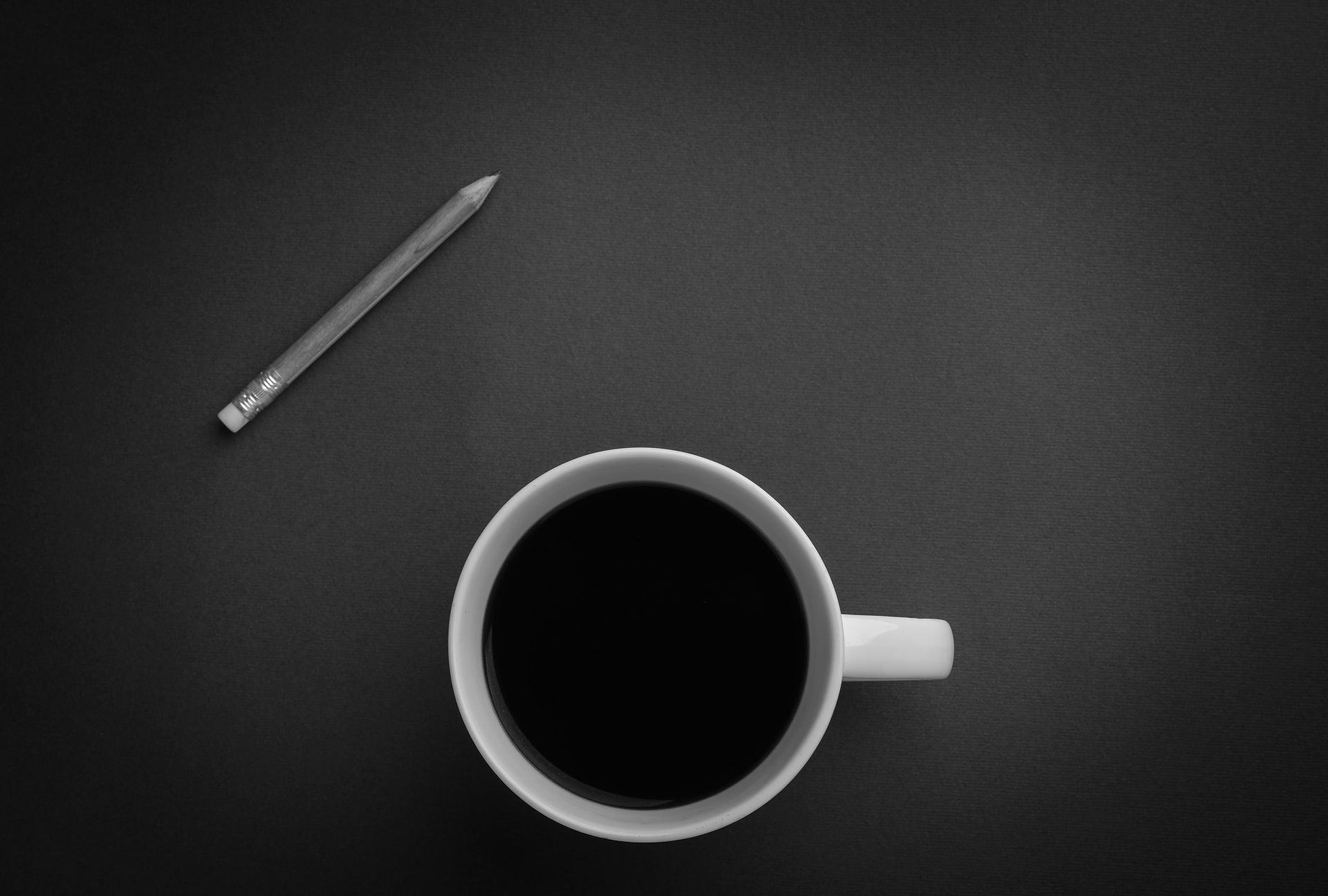top of page

If your question is not answered here, please contact our sales department.
FREQUENTLY ASKED QUESTIONS
Widget Didn’t Load
Check your internet and refresh this page.
If that doesn’t work, contact us.
Widget Didn’t Load
Check your internet and refresh this page.
If that doesn’t work, contact us.
bottom of page

